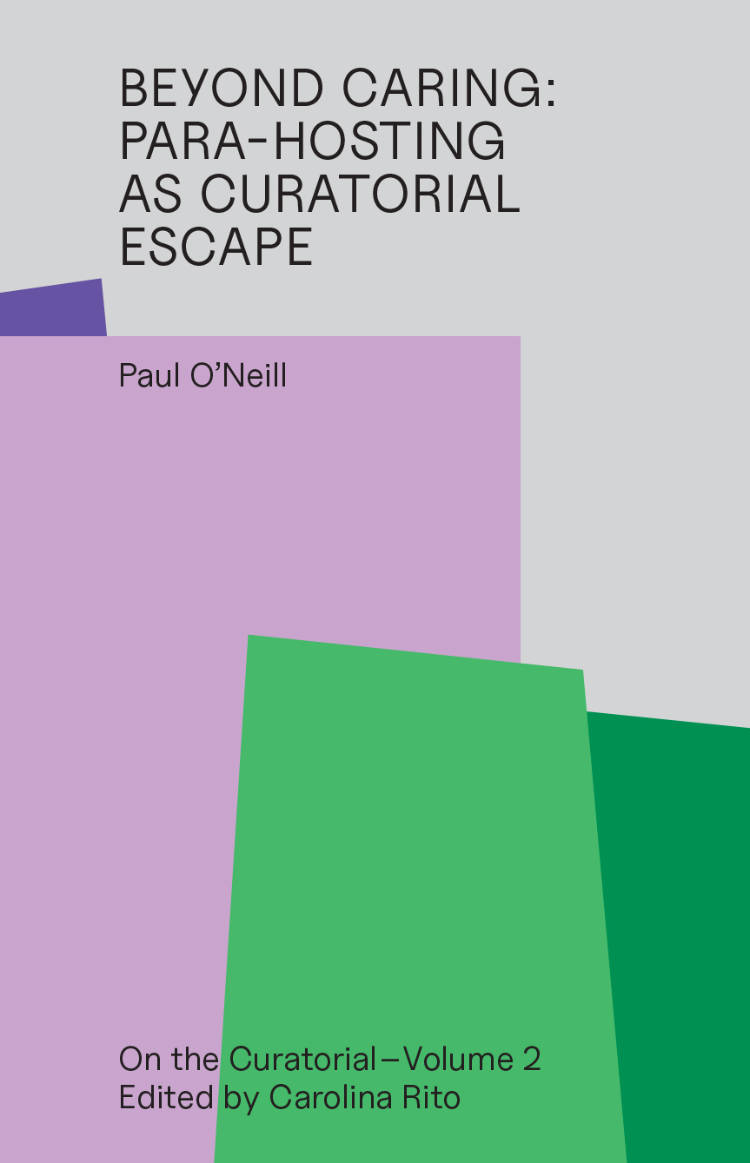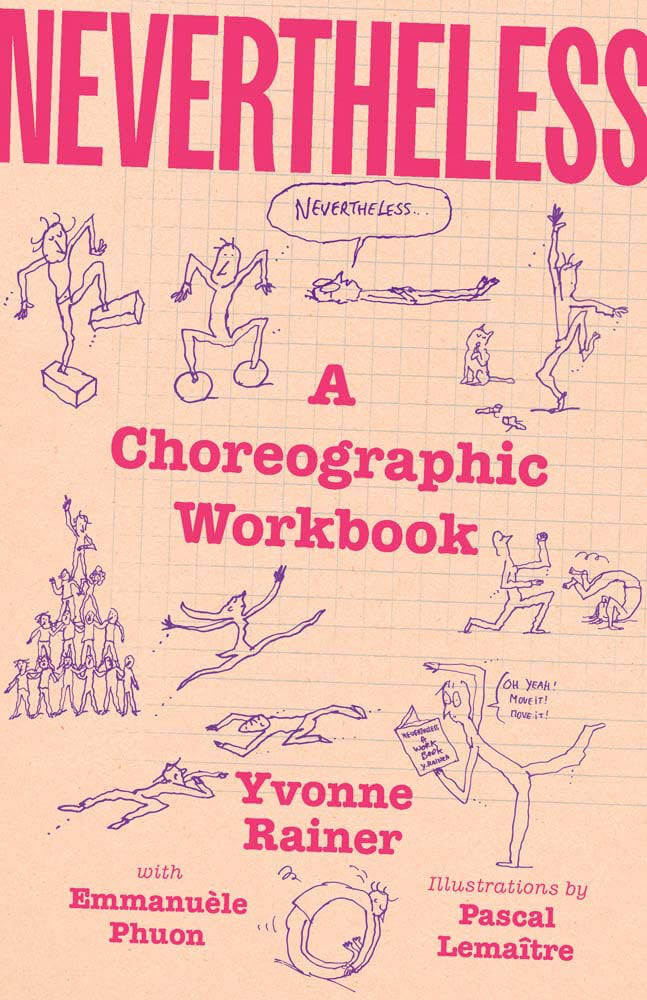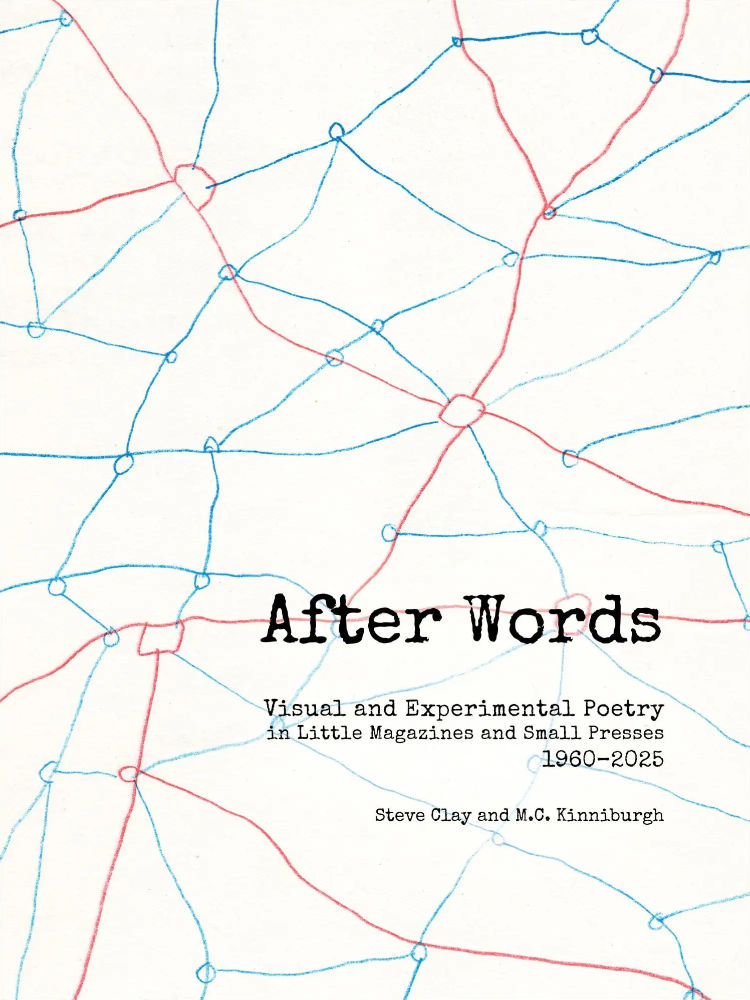This book offers a visual and thematic journey through avant-garde, concrete, visual, and experimental poetics as they appeared in ephemeral little magazines and small press publications from the 1960s onward. This book serves as an exhibition catalog for After Words: Visual and Experimental Poetry in Little Magazines and Small Presses, 1960–2025 from April 23rd to July 26, 2025, at The Grolier Club exhibition in New York City.
Small presses include: 7 Flowers Press, Agentzia, Anabasis, Asylum’s Press, Ayizan Press, Beach Books Texts & Documents, Beau Geste Press, blewointmentpress, Burning Press, C Press, Chax Press, Coach House Press, Edition Hansjörg Mayer, Edizioni Geiger, Expanded Media Editions, Fleye Press, Goliard Press, Grabhorn-Hoyem, Granary Books, Druckwerk, Hawk’s Well Press, Heiner Friedrich, The Hermetic Press, Hermetic Gallery, John Martin, Joseph Melzer Verlag, Kickshaws, Kontexts Publications, Letter Edged in Black Press, Luna Bisonte Productions, Membrane Press, Milano: East 128, New Wilderness Foundation, Nietzsche’s Brolly, Nova News, Open Book, Openings Press, PANic Press, Phenomenon Press, Poltroon Press, Renegade Press, Roaring Fork Press, Scorribanda Productions, Seedorn Verlag, Seripress, Siglio Press, Station Hill, Tarasque Press, Tetrad Press, Visual Poetry Workshop National Poetry Society of London, Wild Hawthorn Press, and Xexoxial Editions.
Little magazines include: “before your very eyes!”, A: An Envelope Magazine of Visual Poetry, Abracadabra, Alcheringa, Anti-Isolation, Approches, AQ, Assembling, Blank Tape, Bulletin From Nothing, Cenizas, Diagonal Cero, E pod, Fruit Cup, Ganglia, Geiger, Gnaoua, Industrial Sabotage, Interstate, Journeyman, Kaldron, Klacto 23, Kontakte, Kontexts, Kroklok, L=A=N=G=U=A=G=E, Libellus, Life Begins with Love, Lines, Lost and Found Times, Lost Paper, Mini, New Wilderness Letter, Pages, Poor.Old.Tired.Horse., Rawz, Revue OU, Rhinozeros, Sammelband Futura, Schmuck, Shi Shi: Concrete & Visual Poetry, Signal, Soft Need, Sondern, Spanish Fleye, Stereo Headphones, Taproot Reviews, The Acts: The Shelf Life, The Difficulties, The Improbable, The Insect Trust Gazette, The Marrahwanna Quarterly, The San Francisco Earthquake, The Subtle Journal of Raw Coinage, Toothpick Lisbon & the Orcas Islands, Unarmed: Adventurous Poetry Journal, UNI/vers(;), WhiteWalls, Xerolage, and xtant.





